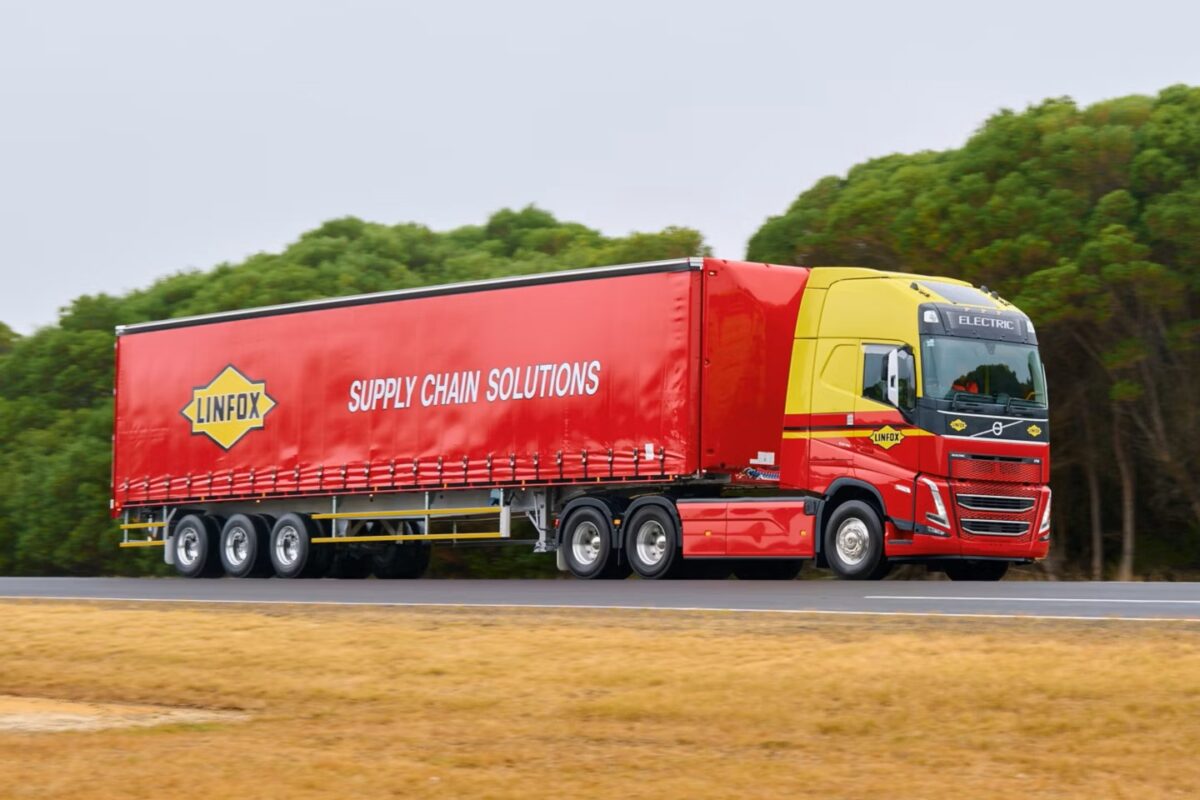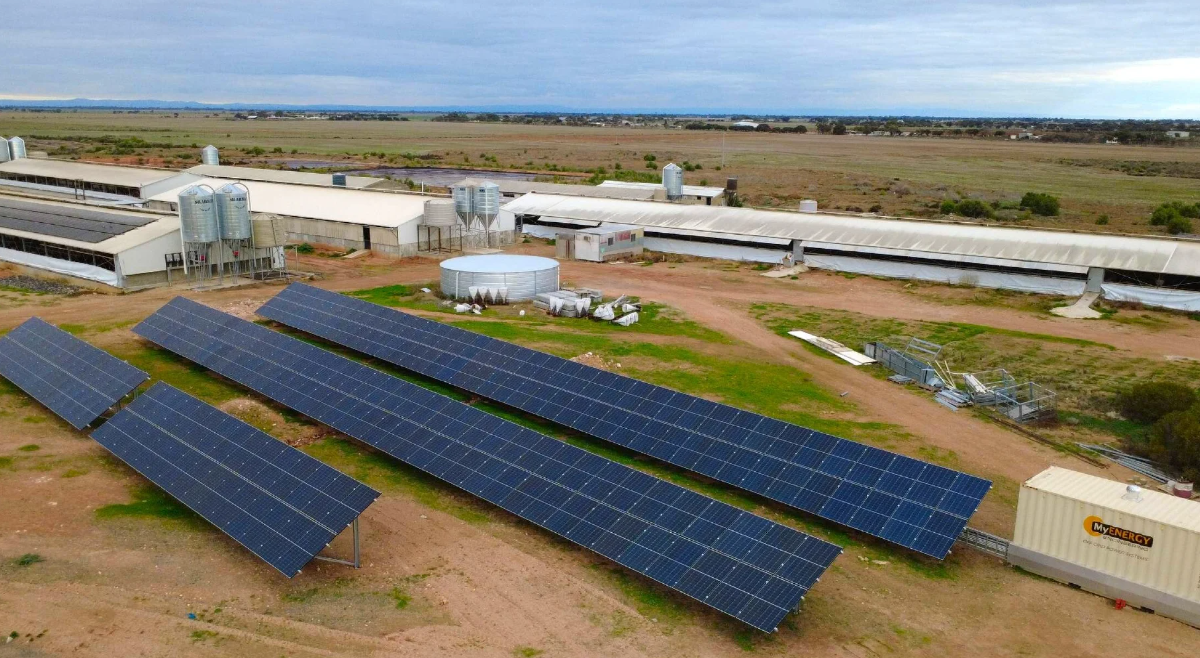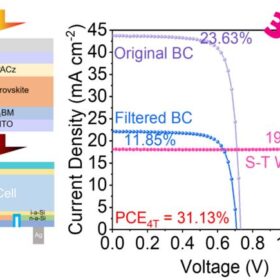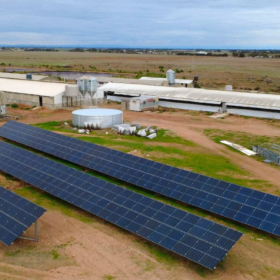Having signed a deal to supply Australian transport and logistics giant Linfox with 30 heavy-duty electric trucks, Sweden-headquartered truck and bus maker Volvo Group has announced it will start production of electric trucks at its facility in Brisbane’s western suburbs.
The order with Linfox comprises 29 Volvo FM Electric trucks and one FH Electric model. Volvo Group Australia said it has already delivered 10 electric prime-movers to Linfox, with 10 of the remaining vehicles in the order to be manufactured at its Wacol facility and to carry the ‘Australian Made’ label.
Volvo Group President and Chief Executive Officer Martin Lundstedt said the plan positions the company at the forefront of creating a new electric truck manufacturing sector in Australia, tailored to the country’s unique heavy transport needs and conditions.
“[This] signals the dawn of a new era for Australian manufacturing,” he said. “This landmark order from Linfox, coupled with our commitment to build a third of these electric vehicles right here in Australia, demonstrates our confidence in the local industry’s potential to lead the way in sustainable heavy transport, perfectly suited to Australia’s demanding distances and conditions.”
Volvo Group Australia President Martin Merrick said the move will expand the nation’s manufacturing capabilities, help accelerate the adoption of electric trucks, and lower emissions throughout the Australian road transport sector.
“Manufacturing a significant portion of these electric trucks locally is a key pillar of our long-term vision for Australia,” he said. “We are dedicated to establishing a thriving electric truck manufacturing industry that will create skilled jobs, drive innovation, and accelerate the uptake of zero-emission transport solutions across the Australian road transport sector.”
Linfox has already successfully trialled Volvo electric trucks, beginning with two vehicles in 2021 and expanding to four in 2023, and said the arrival of the new vehicles is a significant step in the company’s decarbonisation journey.
With 85% of Linfox’s carbon footprint stemming from diesel fuel consumption, the most significant impact will be made in the decarbonisation of its transport operations.
“Further electrifying our fleet sets the standard for us and our customers and the entire industry,” Linfox founder and Executive Chairman Peter Fox said.
It is estimated that, compared to a standard diesel Volvo FM, the inclusion of one Volvo FM Electric truck could result in savings of up to 77,200 kg of carbon dioxide equivalent (CO2-e) emissions per year (based on an average mileage of 120,000 km and using solar PV energy).
Volvo Group is separate to Volvo Cars, which is owned by Chinese group Geely. It has sold more than 5,000 electric trucks to customers in 50 countries.
This content is protected by copyright and may not be reused. If you want to cooperate with us and would like to reuse some of our content, please contact: editors@pv-magazine.com.









By submitting this form you agree to pv magazine using your data for the purposes of publishing your comment.
Your personal data will only be disclosed or otherwise transmitted to third parties for the purposes of spam filtering or if this is necessary for technical maintenance of the website. Any other transfer to third parties will not take place unless this is justified on the basis of applicable data protection regulations or if pv magazine is legally obliged to do so.
You may revoke this consent at any time with effect for the future, in which case your personal data will be deleted immediately. Otherwise, your data will be deleted if pv magazine has processed your request or the purpose of data storage is fulfilled.
Further information on data privacy can be found in our Data Protection Policy.